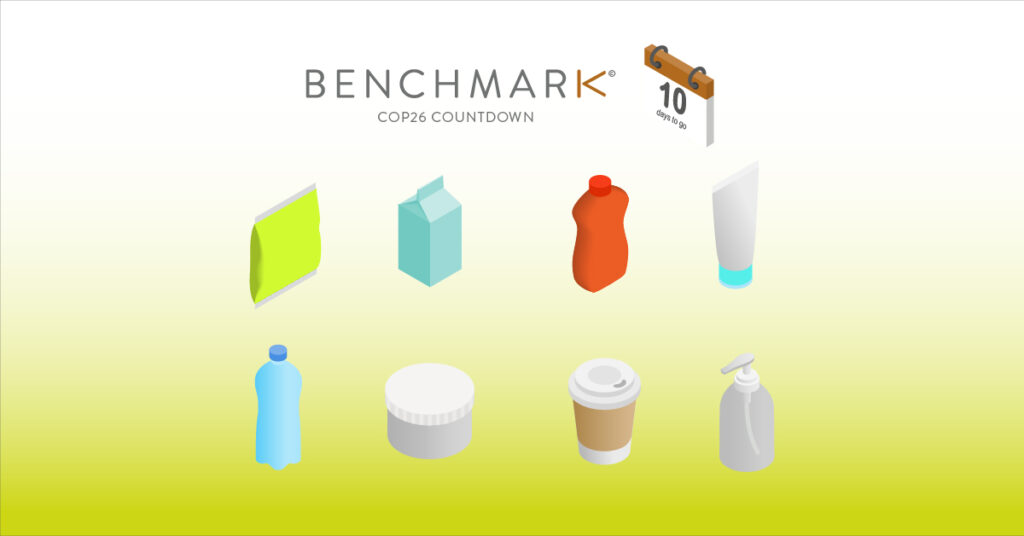
There are around 7 different types of plastic used in the packaging industry, and many of these are recyclable. Plastics are usually recycled mechanically: they are sorted, cleaned, shredded, melted and then remoulded, however each time this process occurs the quality of the plastic worsens as the polymer chains break down, leading to a decrease in strength and viscosity.
Single-use plastics are a huge issue, with the UK consuming 15 million single-use plastic bottles per day. Further to this, a huge number of single-use face masks are discarded every day.
If not recycled or recyclable, plastic can take up to 500 years to fully decompose, meaning that plastic waste is often sent to landfill sites or incinerated. Despite the conversation surrounding the issue of plastic waste, in the UK we recycle just 45% of our plastics! This means that 55% of all plastic waste ends up in landfill sites or the oceans, in turn damaging life on land and marine life.
A shocking 8 million tonnes of the world’s plastics end up in our oceans each year, which creates a waste patch triple the size of France. As if that isn’t shocking enough, plastics such as shopping bags kill around 1 MILLION sea creatures every single year.
Plastic should and can be recycled. For example, it can be reworked into clothing, with just 5 bottles needed to make an adults t-shirt. If plastic is widely recycled, carbon emissions from the plastic production process will also decrease, helping to fight climate change.
Source: National Geographic; Recycling Bins
Recent Posts
- European Parliament Votes to Postpone Corporate Due Diligence and Sustainability Reporting Requirements
- Financial Markets vs. Sustainability Markets in Packaging
- How prepared are you for the Packaging and Packaging Waste Regulation (PPWR)?
- Green Claims Regulation: A Global Perspective on Environmental Marketing
- The Environmental and commercial Impact of Packaging (Facts, Figures and a solution)







Recent Comments